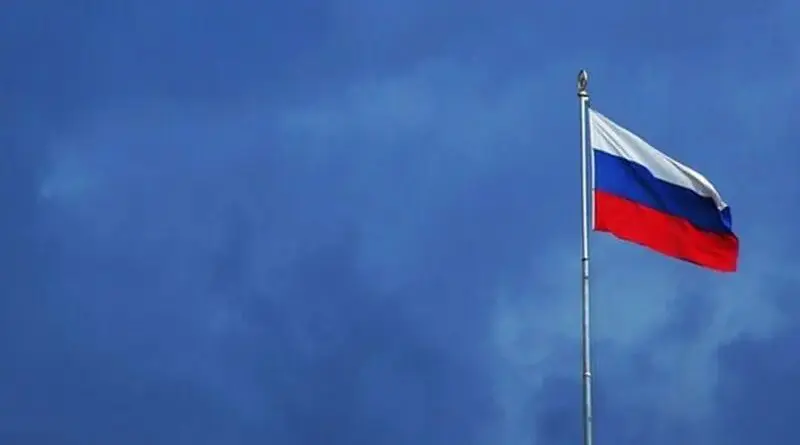Russia’s Clout In Asia Pacific, Including South Asia – OpEd
By Yead Mirza*
In their strategic calculus, the Asia Pacific major powers as well as other countries do not consider Russia a major military power for the region. Although these Asia Pacific countries understand Russia’s military clout in Europe and Middle East, they somehow fail to see how overall Russian military might also have an impact in the greater Asia Pacific region, including South Asia.
Accordingly, the growing influence of Russia in the greater region finds less attention on the regional media outlets, the regional discussion platforms and the think tank papers produced across the region. This is a total contrast to Russian involvement in Europe and Middle East, something which receives huge coverage. Despite the low coverage of its engagement in the greater Asia Pacific, Russia’s geopolitical presence is increasing in the region.
Although its military and economic involvements in the greater Asia Pacific reduced significantly after the demise of the Soviet Union, Russia has over the last decade improved and enhanced its military might significantly, making its military a potent power in the region.
Russia has been selling weapons and other advanced military technology to the Asia-Pacific countries in order to bring these countries into its geopolitical orbit. Besides its close military relations with both China and India, Russia is increasingly building good relations with many South Asian and Southeast Asian countries, including Bangladesh, Indonesia, Malaysia, Myanmar, Pakistan, the Philippines and Thailand.
Furthermore, Russia is on a spree of building certain infrastructures in several Asia Pacific countries which would make those countries dependent on Russia for the proper functionality of those infrastructures. Take for example the nuclear plant in Bangladesh, a small country located in the intersection of South Asia and Southeast Asia. Russia is setting up a nuclear-powered power plant in Bangladesh, and this infrastructure would certainly make Bangladesh dependent on Russia for the technological aspects of the project. Bangladesh has also been purchasing heavy weapons and military vehicles from Russia.
Recently this year, many regional countries were alarmed by Russia’s large scale war games. The fact that the war games was conducted in the eastern part of Russia – which forms part of the Asia Pacific region, unlike Russia’s western part that forms part of Europe – makes it an alarming development for the Asia Pacific region.
According to an Australian news website, the war games, namely Vostok-2018 or East-2018, involved more than 300,000 troops, 36,000 tanks, 1000 aircraft, helicopters and drones and 80 warships and support vessels.
More alarming was the inclusion of the Chinese military into the war games alongside the Russians. Around 3500 Chinese troops were said to have taken part in the Russian war games. Troops from Mongolia too joined the drills.
Sergei Shoigu, Russian Defense Minister, boasted about the drills saying, “Imagine 36,000 military vehicles moving at the same time: tanks, armored personnel carriers, infantry fighting vehicles – and all of this, of course, in conditions as close to a combat situation as possible.”
Condemning the drills, NATO said the war games “demonstrates Russia’s focus on exercising large-scale conflict”.
*Yead Mirza is a blogger, writer and observer of global current affairs. Sharing his insights with the ones who too are interested in global current affairs and international politics seemed to him the best way to convert his enthusiasm for global current affairs and international politics into something productive. He has written on a number of international publishing websites

